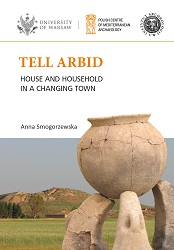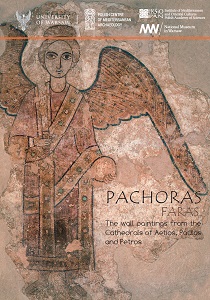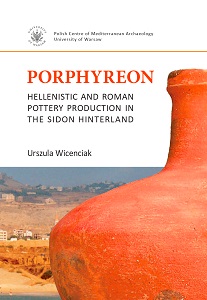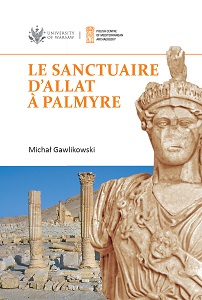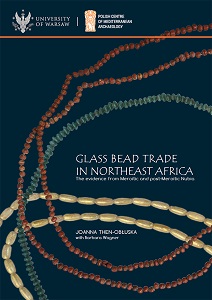
Glass bead trade in Northeast Africa. The evidence from Meroitic and post-Meroitic Nubia. PAM Monograph Series 10
Glass bead trade in Northeast Africa. The evidence from Meroitic and post-Meroitic Nubia. PAM Monograph Series 10
Keywords: glass beads; Meroitic and late Antique Nubia; trade in antiquity; glass manufacturing; chemical composition; provenance study
Strings of colorful glass beads were a popular commodity traded throughout ancient Nubia in the earlier half of the first millennium AD. Combining macroscopic examination with laboratory analyses, the author breaks new ground in Nubian studies, establishing diagnostic markers for a study of trading markets and broader economic trends in Meroitic and post-Meroitic Nubia.Archaeometric results, lucidly presented and discussed, identify the origins of the glass from which the beads under investigation were made. The demonstrated South Indian/Sri Lankan provenance of some of the ready-made beads from Nubian burial contexts and a reconstruction of their distribution patterns in Northeast Africa is the first undisputed proof of contacts between Nubia and the Red Sea coast. Reaching beyond that, it shows Nubia’s involvement in the Asian maritime trade, whether directly or indirectly, during a period of intensive interchanges between the 4th and 6th centuries AD.
More...
